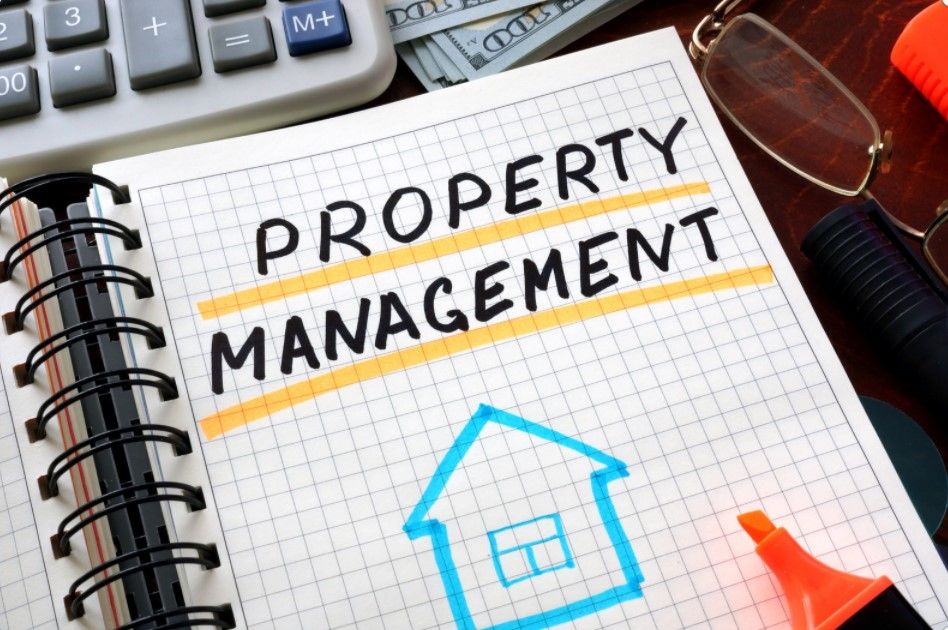Investing in real estate has become a hobby for some but a serious proposition for others. With money being inexpensive to borrow right now as interest rates remain low, more consumers are being bitten by the bug. For those who want the income from investing in real estate but don’t have the time or knowledge to be a landlord, that’s where a professional property manager comes in.
Hiring a property manager can save time, money and quite a bit of stress. The website allpropertymanagement.com states that a real estate investor will pay approximately 8-12% of the monthly rent to a property manager for his services. If a property manager does his job correctly, he can save the owner above and beyond that in the long run. If a landlord thinks he can take on the task of being his own property manager, here are a few factors to consider:
The Middleman
A property manager acts as a middleman between the property owner and the tenants. A property owner feels a more personal and emotional connection to the property. It's all business to a property manager. Sometimes tenants try to take advantage of an owner by asking for extra services for the home, unnecessary replacements in the home, a few days extension to pay rent and so on. A property manager has the best interests of the owner at heart.
Finding a Tenant
A property manager has experience in finding tenants in a timely manner, thus reducing vacancy time. A property manager can screen tenants, write leases, collect security deposits and perform move-in and move-out walkthroughs. If an owner doesn't hire a property manager, he should be sure he has the resources to find and secure qualified tenants.
Collecting Rent
One of the main tasks a property manager has is to collect rent on a monthly basis. He will also handle tenants who pay late by collecting the late fee that is stated in the lease. Typically, rent is due on the first of the month with a 3-day grace period. If the rent isn't paid by the third, there's a five percent late fee. If rent isn't being paid, a property manager can start the eviction process. A property manager documents the payments so there is accounting for both the tenants and the owner. If a property owner is good at accounting and has the time, he may not need a property manager.
Repairs
A property manager also takes care of repairs. He has a list of tradespeople that he uses and can arrange for work to be performed in a timely manner. A property manager will also usually know if it's a repair that is needed or time to replace a problem in the home. If a property owner is handy and has contacts of tradespeople for repairs, he may find it manageable to do without a property manager. Angie's List is a great resource for finding repair companies.
Home Maintenance
Another job a property manager has is to arrange the annual home maintenance. Some examples are getting the furnace and air conditioner cleaned and checked, having the driveway resurfaced, changing the furnace filter, maintaining the landscaping and so on. Proper home maintenance will help retain property value. If a person manages his own rental property, it's important to take time each year to arrange regular home maintenance. This will help prevent costly repairs and replacements in the long run.
Hiring a property manager will help make sure the entire real estate investment experience is running smoothly. A property manager can also help ensure that an owner retains property value. Many investment property owners are capable of performing their own property management successfully if they have the time, knowledge and resources. Do you?





